Why Muslims Celebrate Diwali in India 2024
Understanding the Celebration of Diwali by Muslims in India
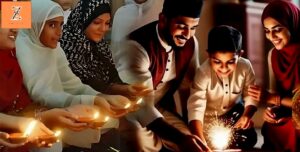
Diwali, the festival of lights, is widely known as a Hindu festival. However, across India, it has been celebrated by people of different faiths, including Muslims, for centuries. The spirit of Diwali is not limited to religious boundaries, as it brings people together in joy and celebration. For Muslims in India, the celebration of Diwali often reflects cultural and regional ties, communal harmony, and shared heritage.
Historical and Cultural Significance
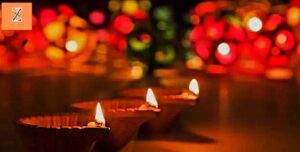
Centuries of Communal Harmony
Historically, India has seen a fusion of various traditions and religious practices, and Diwali is a significant example of this. Muslims and Hindus living in the same communities have often celebrated festivals together. This age-old tradition showcases the spirit of unity and communal harmony. For instance, in regions like Awadh (modern-day Uttar Pradesh), Diwali has been a shared celebration for both Hindus and Muslims for generations.
Islamic Sufi Traditions and Diwali
Some Sufi Muslims, who emphasize spirituality over formal religious practices, have been part of Diwali celebrations due to the influence of local cultures. Dargahs (shrines of Sufi saints) are often illuminated with lights and decorations during Diwali, symbolizing the universal message of peace and love. Celebrating Diwali at these shrines showcases the shared spiritual connection between different communities, transcending religious boundaries.
Why Do Some Muslims Celebrate Diwali?
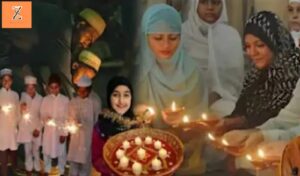
Symbolism of Light and Unity
Diwali, symbolizing the victory of light over darkness and good over evil, is a message that resonates universally. Many Muslims, especially those living in mixed communities, join in the celebrations out of respect for their neighbors and friends. The lighting of lamps, bursting of firecrackers, and sharing of sweets fosters a sense of togetherness, allowing Muslims to be part of the communal joy.
Cultural Identity and Regional Ties
In some parts of India, particularly in northern states, Diwali celebrations are deeply woven into the fabric of the local culture. Muslims in these regions, being part of the same cultural environment, often participate in Diwali festivities. This participation is not seen as a religious practice but rather as a way of connecting with the broader cultural identity of the region.
When Do Muslims Celebrate Diwali?
Muslims who participate in Diwali celebrations generally do so on the same dates as the Hindu festival. Diwali usually falls in October or November, based on the Hindu lunar calendar. It is celebrated for five days, with the third day being the most significant—when people light lamps, exchange gifts, and enjoy fireworks.
While Muslims do not observe the religious rituals associated with Diwali, such as worshipping Hindu deities, they often take part in the cultural aspects, such as lighting lamps, decorating their homes, and enjoying sweets with their neighbors.
Notable Examples of Muslim Participation in Diwali
The Nawabs of Awadh
One of the most famous historical examples of Muslims celebrating Diwali is found in the royal courts of the Nawabs of Awadh. The Nawabs, who ruled parts of northern India in the 18th and 19th centuries, actively participated in Hindu festivals, including Diwali. They would light lamps and organize grand feasts, reinforcing their secular and inclusive governance.
Diwali at Dargahs and Mosques
In several cities, Muslims celebrate Diwali at local Dargahs, where devotees from all religions gather. The Dargah of Hazrat Nizamuddin in Delhi and the Haji Ali Dargah in Mumbai are notable places where Diwali celebrations have been embraced, with lights and festivities symbolizing the message of love and unity.
Why Diwali Celebrations Continue Among Muslims
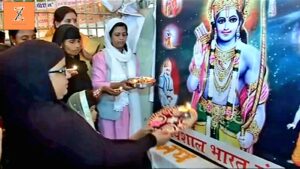
The Importance of Communal Harmony
India’s diversity is one of its greatest strengths, and festivals like Diwali serve as opportunities to reinforce this. Muslims who celebrate Diwali often do so in the spirit of communal harmony and national unity. Participating in such festivities helps to foster goodwill and mutual respect between different communities, strengthening the social fabric of the nation.
In a country like India, where culture and religion are often intertwined, Diwali is more than just a religious festival. It is a celebration of the shared heritage and cultural practices that unite people. For many Muslims, participating in Diwali is a way to honor this collective history and continue the tradition of peaceful coexistence.
Myths and Misconceptions
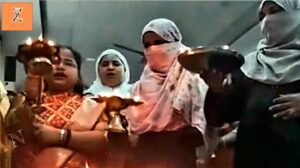
Clarifying the Religious Aspect
It is important to note that while some Muslims may participate in Diwali, they do not engage in the religious aspects of the festival. Diwali, for them, is a cultural celebration, not a religious one. This distinction is crucial in understanding the broader picture of how Muslims in India view Diwali.
Not a Universal Practice
It is also essential to clarify that not all Muslims in India celebrate Diwali. The decision to participate in the festival is often influenced by factors such as regional culture, personal relationships, and communal harmony. Therefore, it would be inaccurate to say that Diwali is universally celebrated by Muslims in India, but for those who do, it is a symbol of unity and peace.
Conclusion
The celebration of Diwali by some Muslims in India is a reflection of the nation’s rich cultural diversity and a testament to the spirit of communal harmony. While the religious aspects of Diwali may not be observed by Muslims, the cultural and social dimensions of the festival resonate with people across faiths. By participating in Diwali, Muslims reinforce the message of unity, peace, and shared heritage, making the festival a symbol of India’s vibrant and inclusive society.
Also Read :
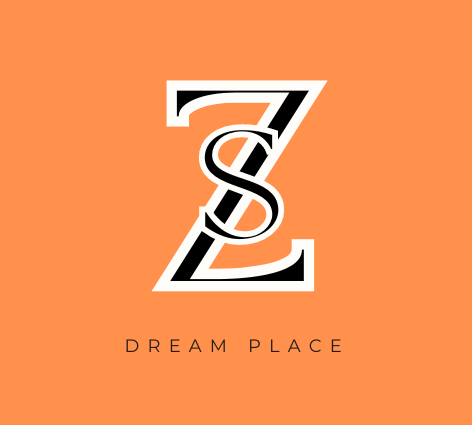

4 thoughts on “Why Muslims Celebrate Diwali in India 2024”